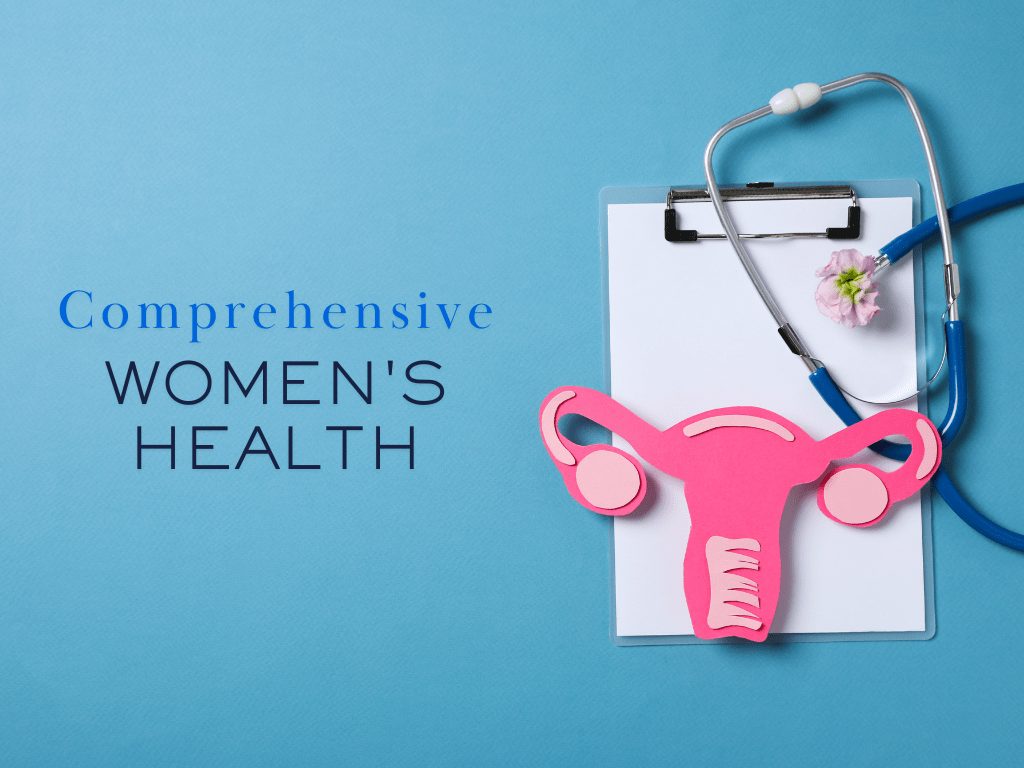Women’s health is an essential aspect of overall well-being, and regular check-ups play a vital role in preventing and managing health concerns. A women’s health check is designed to assess various aspects of a woman’s physical and reproductive health, ensuring early detection of potential issues. A well women clinic provides comprehensive screening services, helping women stay proactive about their health.
This blog explores the key components of a Well Woman Check, explaining what to expect and why it is important. If you have never had one before or are considering scheduling your next check-up, this guide will provide you with valuable insights into the process and its benefits.
General Health Assessment and Medical History Review
A women’s health check typically begins with a general health assessment, where a healthcare professional will take your medical history and discuss any concerns you may have. This stage includes:
- Medical History Review: Your doctor will ask about past medical conditions, family history of diseases, lifestyle habits (such as diet, exercise, and smoking), and any medications you are taking.
- Body Mass Index (BMI) Calculation: This helps assess weight-related health risks.
- Blood Pressure Check: Monitoring blood pressure is essential for detecting conditions like hypertension, which can lead to cardiovascular diseases.
- Blood Tests: These may include cholesterol levels, glucose tests (for diabetes screening), and thyroid function tests.
- Urine Analysis: A routine urine test can help detect infections, kidney diseases, or other underlying conditions.
Reproductive and Sexual Health Screening
Reproductive and sexual health form a crucial part of a well women clinic visit. Regular screenings ensure the early detection of conditions affecting the reproductive system. These include:
- Cervical Screening (Pap Smear Test): This test detects abnormal cells in the cervix that could develop into cervical cancer if left untreated.
- HPV Screening: Human papillomavirus (HPV) is a leading cause of cervical cancer. HPV testing is often done alongside a Pap smear.
- Breast Examination: Your doctor will perform a physical breast exam to check for lumps, changes in texture, or any abnormalities that may require further imaging like mammography.
- Pelvic Examination: This helps detect signs of infections, cysts, fibroids, or other gynecological conditions.
- STI Screening: If you are sexually active, your doctor may recommend screening for sexually transmitted infections such as chlamydia, gonorrhea, syphilis, and HIV.
Hormonal and Menstrual Health Assessment
Hormonal balance plays a significant role in a woman’s health. A women’s health check at a well women clinic often includes assessments related to menstrual and hormonal health, including:
- Menstrual Cycle Evaluation: If you experience irregular periods, heavy bleeding, or severe menstrual pain, your doctor will investigate possible underlying causes such as polycystic ovary syndrome (PCOS), endometriosis, or fibroids.
- Hormonal Blood Tests: These tests assess levels of estrogen, progesterone, and other hormones that regulate menstrual cycles, fertility, and overall well-being.
- Menopause Consultation: Women approaching menopause may experience symptoms like hot flashes, mood swings, and bone density loss. A Well Woman Check includes hormone level assessments and management strategies to ease menopausal symptoms.
- Thyroid Function Tests: Thyroid imbalances can affect metabolism, energy levels, and menstrual cycles. A blood test will help detect thyroid disorders.
Bone, Heart, and Mental Health Screening
In addition to reproductive health, a comprehensive women’s health check includes screenings that focus on long-term well-being:
- Bone Density Scan (DEXA Scan): Women, especially post-menopausal women, are at higher risk of osteoporosis. A bone density scan helps assess bone health and the risk of fractures.
- Cardiovascular Health Check: Heart disease is a leading cause of mortality in women. Screening includes cholesterol tests, blood pressure monitoring, and lifestyle assessments to evaluate cardiovascular risk.
- Diabetes Screening: Blood glucose tests help identify early signs of diabetes, which can significantly impact overall health if left unmanaged.
- Mental Health Evaluation: Stress, anxiety, and depression are common concerns among women. A Well Woman Check may include mental health screening and discussions about coping strategies, therapy, or lifestyle adjustments.
These screenings ensure a holistic approach to women’s healthcare, addressing both physical and mental well-being.
Conclusion
A well women clinic offers a comprehensive women’s health check that covers general health, reproductive health, hormonal balance, and long-term disease prevention. Regular check-ups provide early detection of potential issues, enabling timely interventions that improve overall well-being.
If you are due for a check-up, consider scheduling an appointment with a trusted healthcare provider. For more information and to book your check-up, visit London woman clinic today!












































